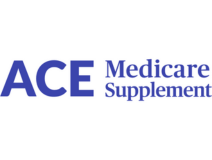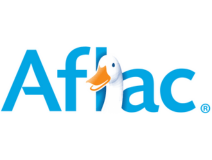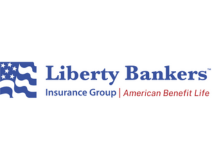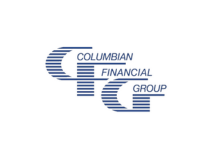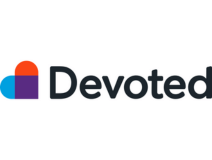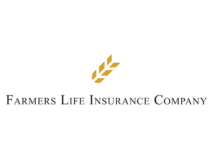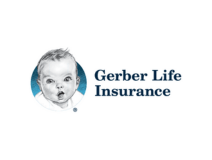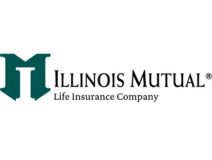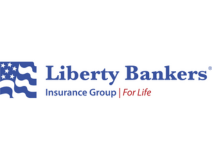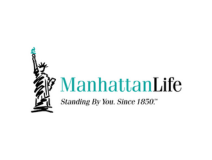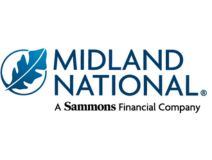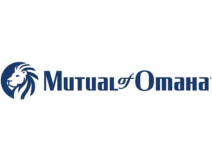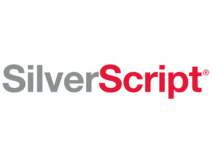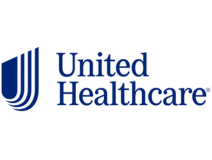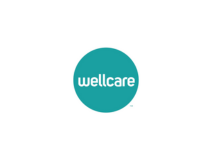Medicare Terms – C
Case Management Programs
These programs help people with complex care needs. Case managers help to coordinate care.
Catastrophic Coverage Stage
This is the drug coverage stage that happens after you get out of the coverage gap (donut hole). With catastrophic coverage, you pay a reduced amount for covered drugs for the rest of the year.
Centers for Medicare and Medicaid Services (CMS)
CMS is a federal agency. It runs the Medicare program. It also works with states to run the Medicaid program.
Claim
A request for payment that you submit to Medicare or other health insurance when you get items and services that you think are covered.
Coinsurance
An amount you may be required to pay as your share of the cost for benefits after you pay any deductibles. Coinsurance is usually a percentage (for example, 20%).
Complaint
The formal name for “making a complaint” is “filing a grievance.” You can use the complaint process for certain types of problems you may have with your plan’s service. These include issues with quality of care, wait times, and customer service. Also, see “Grievance.”
Copayment
An amount you may be required to pay as your share of the cost for benefits after you pay any deductibles. A copayment is a fixed amount, like $30.
Cost-Sharing
What you pay for care. Examples of cost-sharing can include a deductible, copayment, or coinsurance.
Coverage Determination
This is the first decision your Medicare drug plan (not the pharmacy) makes about your benefits. This can be a decision about if your drug is covered if you met the plan’s requirements to cover the drug, or how much you pay for the drug. You’ll also get a coverage determination decision if you ask your plan to make an exception to its rules to cover your drug.
Coverage Gap
Also called the “donut hole.” The coverage gap is the period that begins after you and your drug plan together have spent a certain amount for covered drugs and have reached the initial coverage limit. When you’re in the coverage gap, you will pay no more than 25% of the cost for your plan’s covered prescription drugs, which may be more than your usual copay or coinsurance. The coverage gap ends when you have spent enough to qualify for catastrophic coverage.
Creditable Prescription Drug Coverage
Prescription drug coverage (for example, from an employer or union) that’s expected to pay, on average, at least as much as Medicare’s standard prescription drug coverage. People who have this kind of coverage when they become eligible for Medicare can generally keep that coverage without paying a penalty if they decide to enroll in Medicare prescription drug coverage later. Also, see Notice of Creditable Coverage
Critical Access Hospital
A small facility located in a rural area more than 35 miles (or 15 miles if mountainous terrain or in areas with only secondary roads) from another hospital or critical access hospital. This facility provides 24/7 emergency care, has 25 or fewer inpatient beds, and maintains an average length of stay of 96 hours or less for acute care patients.
Custodial Care
Non-skilled personal care, like help with activities of daily living like bathing, dressing, eating, getting in or out of a bed or chair, moving around, and using the bathroom. It may also include the kind of health-related care that most people do themselves, like using eye drops. In most cases, Medicare doesn’t pay for custodial care.

